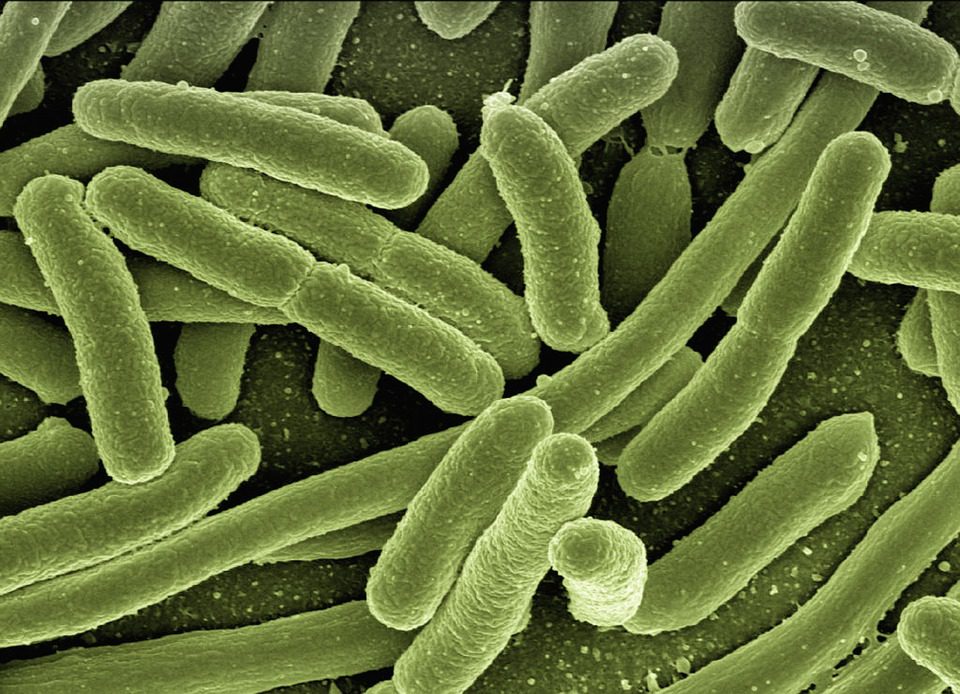According to new exploratory research, the microorganisms in your guts may contribute to some behavioral characteristics. The authors of a research submitted in the journal Nutrient said that the study’s objective was to explore possible associations connecting gut microbiota with a person’s long-standing tendency to cognitive and physical energy and exhaustion, referred to as a characteristic.
The gut microbiome is made up of thousands of distinct species of bacteria. According to the publication, factors such as food choices, exercise habits, and health state might influence the amount of each kind of bacteria. According to the research authors, the gut flora is normally constant for the majority of an adult’s life until a person consumes antibiotics or has a gastrointestinal problem. Likewise, they discovered that personality characteristics are also quite stable and may alter over time.
The researchers discovered that certain microorganisms were connected with specific personality characteristics. Metabolic bacteria are often connected with emotions of energy, while microorganisms involved in inflammatory responses are frequently associated with feelings of exhaustion. One microbe was connected with 3 of the 4 behavioral characteristics, but none with all four, according to the study’s authors.
Twenty physically active people were included in the research. The researchers stated that further research is required to corroborate these exploratory results.
These current observations match the notion that sensations of energy are related to metabolic activities, while feelings of exhaustion are related to inflammatory processes.
Due to the fact that we are still having to learn about the intestinal bacteria, we do not know if attempting to alter a personality trait will result in a change in the gut microbiome; or whether attempting to change the gut microbiome will result in a change in our personality characteristic. The team intends to replicate the research with a bigger sample size.









Leave a Reply